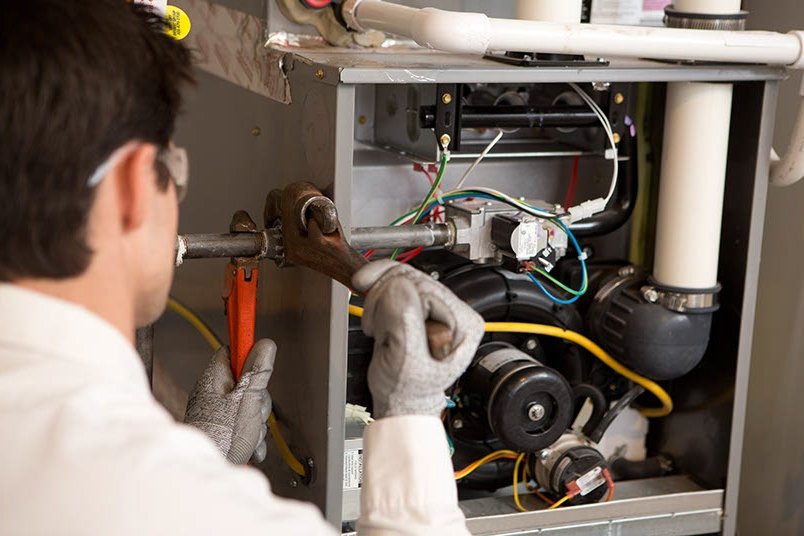A gas furnace is one of the most important appliances in your home, especially during the colder months. Proper gas furnace maintenance ensures that your heating system operates efficiently, keeps your home warm, and prevents unexpected breakdowns. Neglecting maintenance can lead to higher energy bills, reduced comfort, and even safety hazards. By following a few essential tips, homeowners can extend the life of their furnace and enjoy a warm, safe home all winter long.
Why Gas Furnace Maintenance Matters
Regular gas furnace maintenance is crucial for several reasons. First, it keeps your system running efficiently, which can significantly reduce energy costs. A well-maintained furnace uses less fuel to heat your home, helping you save money while reducing your environmental footprint.
Second, maintenance ensures safety. Gas furnaces rely on natural gas or propane to generate heat, and any issues with the burner, heat exchanger, or venting system can pose serious risks, including carbon monoxide leaks. Scheduling regular gas furnace maintenance helps identify and resolve potential hazards before they become dangerous.
Finally, routine maintenance prolongs the life of your furnace. Like any complex appliance, a gas furnace experiences wear and tear over time. Cleaning, inspecting, and servicing key components prevent small problems from escalating into costly repairs or full system replacements.
Essential Gas Furnace Maintenance Tips
1. Change or Clean the Air Filter
One of the simplest but most impactful steps in gas furnace maintenance is regularly changing or cleaning the air filter. A clogged filter restricts airflow, causing your furnace to work harder and reducing efficiency. Most filters should be checked every 1–3 months, depending on usage and the type of filter installed.
2. Inspect the Thermostat
Your thermostat controls the temperature and overall operation of your furnace. Ensuring it is functioning correctly and programmed for optimal comfort can improve efficiency. Consider upgrading to a programmable or smart thermostat for more precise control and energy savings.
3. Clean the Furnace Interior
Dust and debris can accumulate inside your furnace, affecting performance. During maintenance, technicians clean key components, including the blower, burners, and heat exchanger. A clean furnace operates more efficiently and is less likely to experience breakdowns.
4. Check for Gas Leaks and Ventilation Issues
Safety is a top priority in gas furnace maintenance. A professional technician will inspect the system for gas leaks and ensure proper ventilation. Detecting leaks early protects your family and prevents costly repairs down the line.
5. Test and Inspect Safety Controls
Modern furnaces come equipped with safety controls to prevent overheating and other hazards. During maintenance, these controls are tested to ensure they function correctly. Regular testing reduces the risk of malfunctions and keeps your home safe.
6. Schedule Professional Annual Maintenance
While homeowners can handle some basic tasks, such as changing filters, professional gas furnace maintenance should be done at least once a year. HVAC technicians have the expertise and tools to inspect, clean, and service every component, ensuring your furnace runs efficiently and safely throughout the winter.
Benefits of Regular Gas Furnace Maintenance
Regular gas furnace maintenance offers numerous advantages. It improves energy efficiency, reduces the likelihood of unexpected breakdowns, enhances indoor comfort, and extends the lifespan of your heating system. Additionally, routine maintenance ensures your furnace operates safely, giving you peace of mind during the coldest months.
Conclusion
Maintaining your gas furnace is not just a matter of convenience—it’s essential for safety, comfort, and efficiency. By following key gas furnace maintenance tips, such as cleaning filters, inspecting the thermostat, checking for leaks, and scheduling professional service, you can keep your home warm and your heating system running smoothly. Don’t wait for a breakdown; regular maintenance helps you avoid costly repairs while maximizing your furnace’s performance and lifespan.


